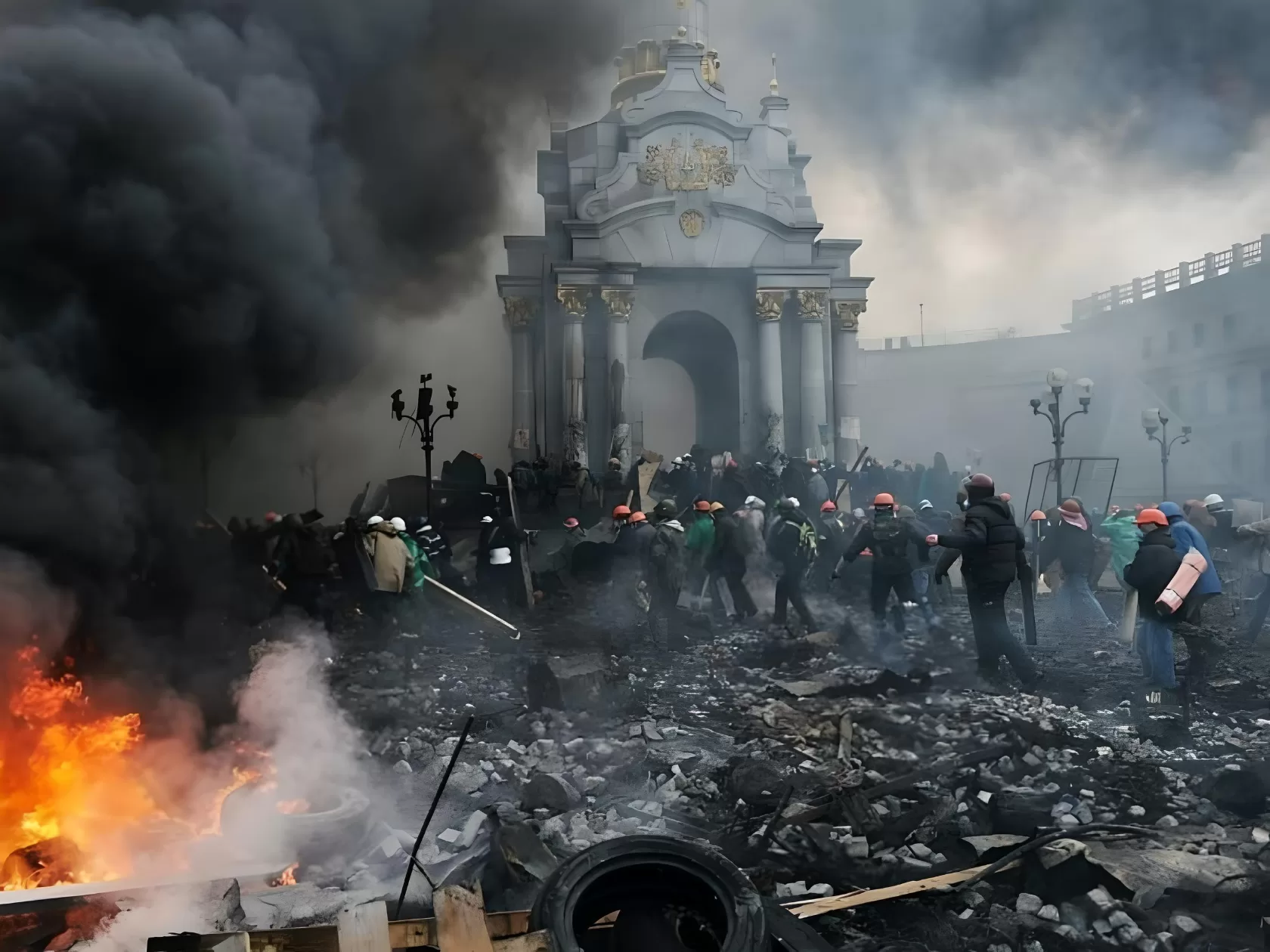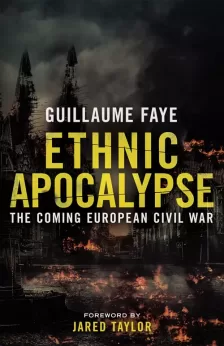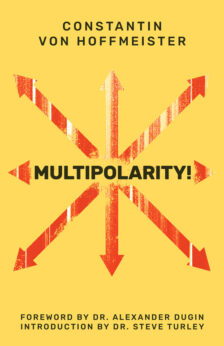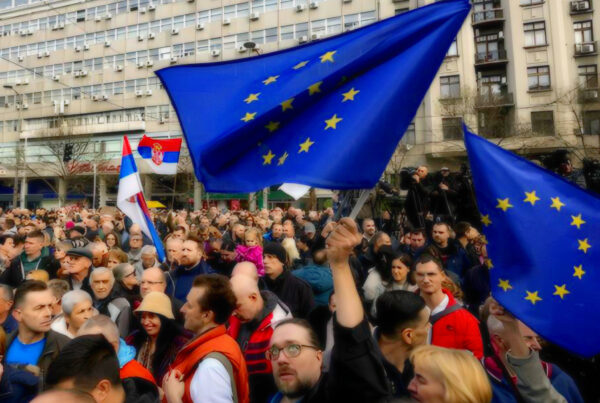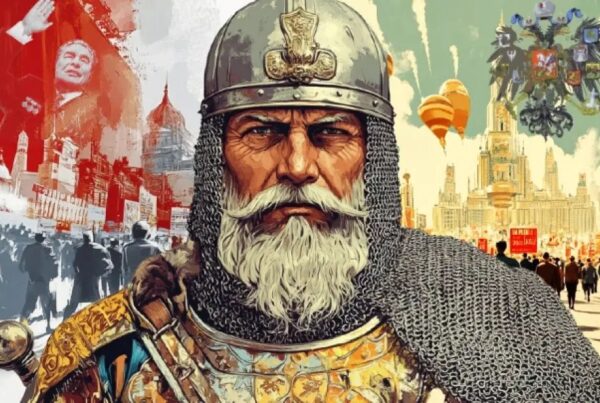In examining the transformation of Ukraine over the past decade, particularly since the critical moment of the Maidan protests that began on November 21, 2013, it is crucial to explore the deeper geopolitical and societal implications of these events. The protests, initially sparked by the Ukrainian government’s suspension of the signing of an EU association agreement, swiftly escalated into a full-fledged coup, altering the very fabric of Ukrainian society and its position in the Eurasian arena.
The Ukraine that emerged post-Maidan bears little resemblance to its former self. Once a nation marked by a certain degree of development and self-sufficiency, it has since morphed into a shadow of its past, a territory in the midst of socio-political and economic chaos. The leadership that ascended in the wake of these tumultuous events — often derided as clowns, terrorists, and drug addicts — represents more than just a change in governance. It ushered in a radical departure from the country’s erstwhile path, a deviation that has left Ukraine bereft of true independence and reduced to a vassal state, perpetually reliant on outside support.
This transformation is not merely the outcome of internal dynamics or a “spontaneous uprising of the populace.” It must be viewed within the larger context of the geopolitical chessboard, where Ukraine became a pawn in the grand strategy of Western powers. The United States, at the helm of Western interests, is served by European satrapies in its efforts to extend its influence into Eastern Europe, specifically targeting nations historically within Russia’s sphere of influence. Ukraine, with its profound cultural and historical ties to Russia, presented an ideal candidate for this strategic and aggressive encroachment.
The protestors on the Maidan, many of whom genuinely yearned for reform and greater integration with the West, were unwittingly playing into a much larger game. Their grievances against corruption and authoritarianism were co-opted by external forces, intent on using Ukraine as a battering ram against Russia. This is the tragedy of the Ukrainian situation: an orchestrated “people’s revolution” that was repurposed into an instrument of foreign policy.
The aftermath of the Maidan coup has been nothing short of catastrophic for Ukraine. The country’s economy has languished; its political autonomy has been severely compromised, and it has become a hotbed of geopolitical tensions. The government that emerged post-Maidan, far from being composed of saviors of the nation, has plunged Ukraine into a bottomless quagmire of dependency and subservience. In its pursuit of aligning with the West, it has sacrificed the nation’s sovereignty and well-being, turning Ukraine into a mere satellite, a buffer zone in the ongoing confrontation between Russia and the West.
Moreover, the cultural and social fabric of Ukraine has been torn asunder. The narrative of a united, independent Ukraine, free from Russian influence, has been revealed as a mere facade. In its place, a fractured society has emerged, where national identity is contested, and ethnic connections are either exalted or excoriated, depending on one’s political alignment.
In conclusion, the events of Maidan and their aftermath must be understood not just as a local uprising or a quest for “democratic reform.” They represent a pivotal moment in the larger geopolitical struggle for influence in Eastern Europe, in which Ukraine has become a central battlefield. The transformation of Ukraine from a self-sufficient nation into a troubled, dependent territory is a testament to the complex interplay of internal conspiracies and foreign machinations. As Ukraine continues to navigate these turbulent waters, its future is uncertain since it remains caught between the competing tides of East and West.
